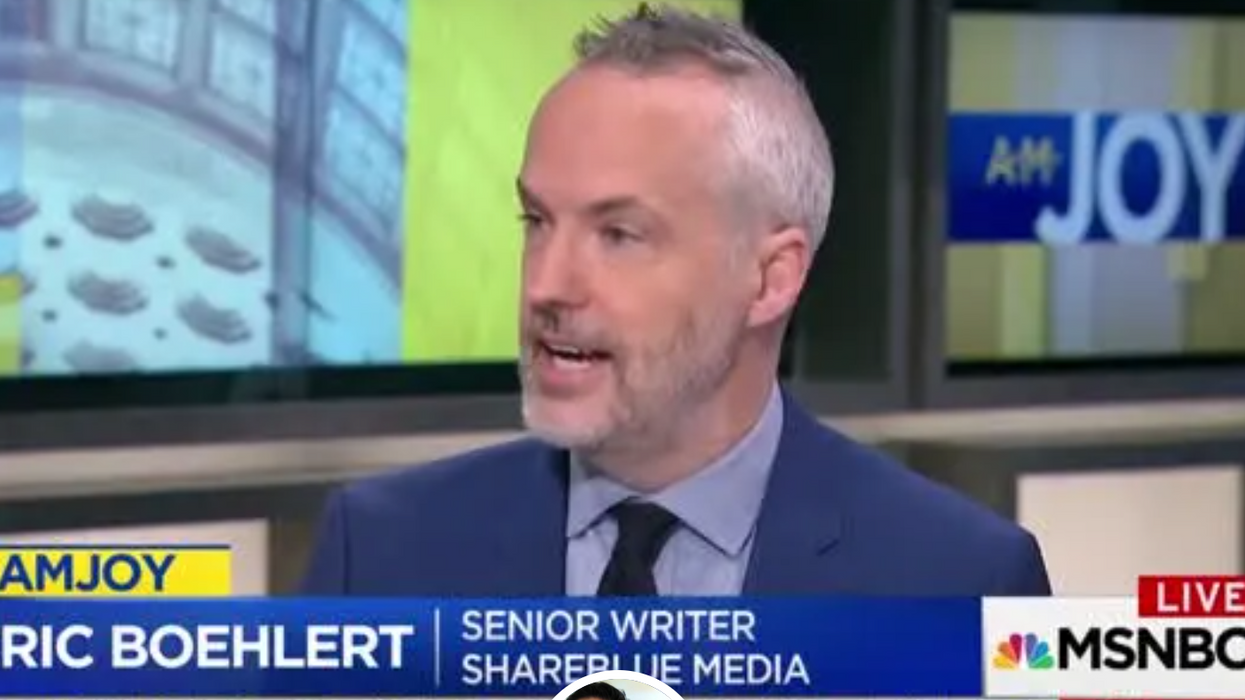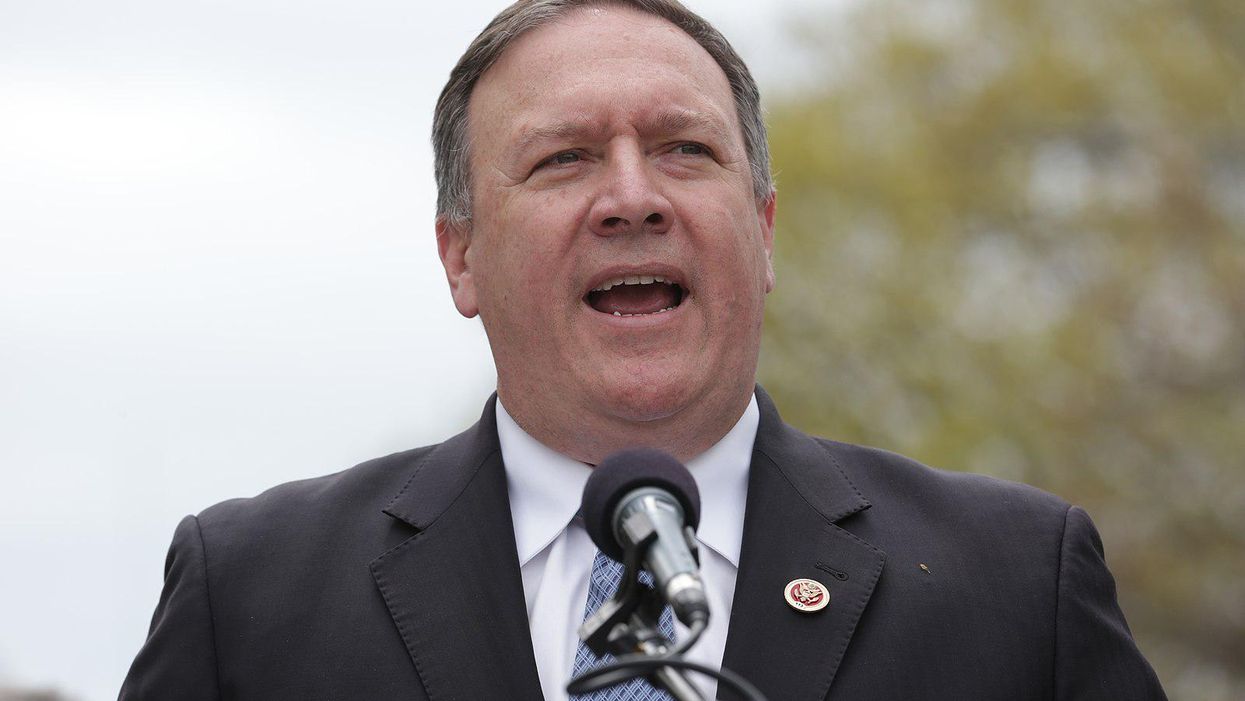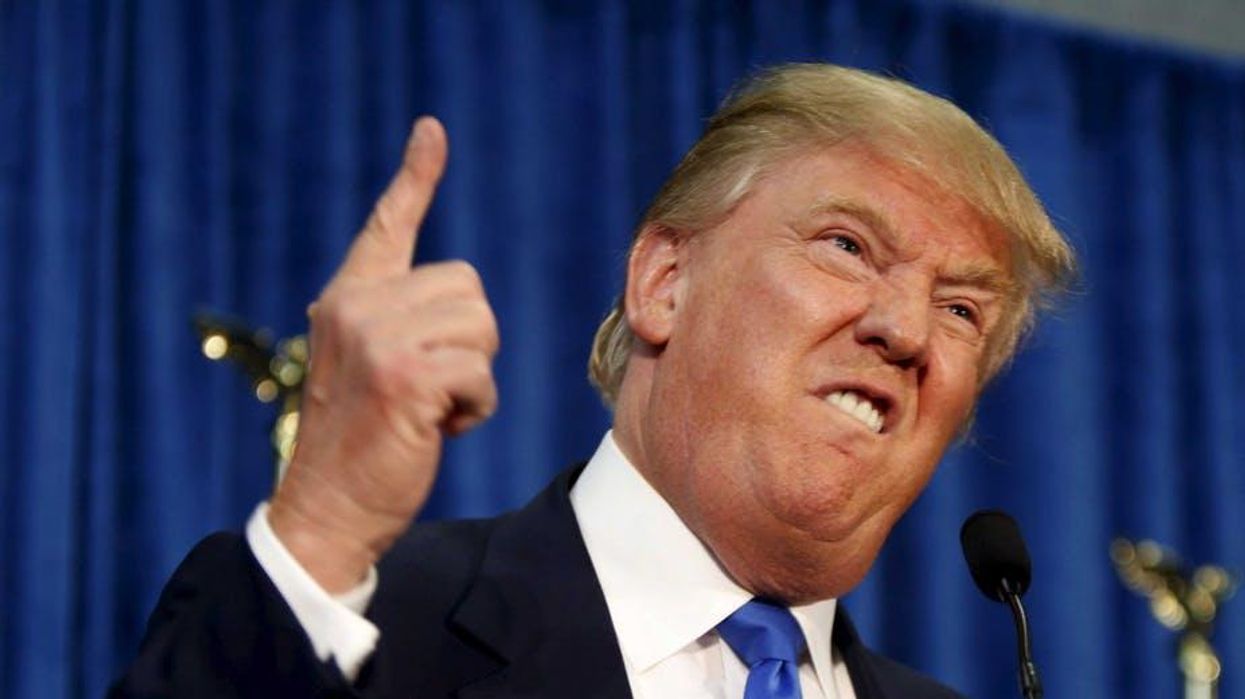Mainstream Media Outlets Echo Right-Wing Hysteria Over Chinese Balloon
Several mainstream media outlets are echoing the Republican Party’s preferred alarmism against the Biden administration, over an apparent Chinese surveillance balloon that transited American airspace over the weekend, which the military took down safely and with seemingly no harm done to American national security.
Officials at the Department of Defense confirmed last Thursday that the military had been tracking the balloon, following reports that it had been spotted by the public. The officials also explained that the balloon had “limited” capability to gather any intelligence that China couldn’t already have gotten via spy satellites. After an American fighter jet shot the balloon down off the coast of South Carolina on Saturday, President Joe Biden publicly announced that he had ordered on Wednesday, after a briefing, that the balloon be taken down “as soon as possible.”
Pentagon officials delayed such action, however, until it could be done safely and away from any area where civilians could be harmed by crashing debris. U.S. and Canadian defense authorities also worked together to safeguard military assets across the balloon’s flight path. (The U.S. Navy is working now to recover the crashed debris.)
Mainstream media outlets, however, are struggling to maintain any sense of perspective or to calm the public’s nerves despite all of the available facts.
On Sunday’s edition of Meet the Press, NBC News chief Washington correspondent Andrea Mitchell said the attitude now in Congress was “reminiscent of the Cold War, the ‘Evil Empire,’” and faulted the Biden administration for not “sending out someone with a lot of metal on his chest, like a Colin Powell, Desert Storm,” to explain the entire situation — when in fact the Pentagon did hold a briefing with a military officer matching that exact description.
“It was a general nobody had known,” moderator Chuck Todd clarified, apparently referring to Department of Defense press secretary and Brig. Gen. Patrick Ryder. “I mean, no offense to that general. But it was — it wasn’t the chairman of the joint chiefs.”
In response, Mitchell incorrectly claimed that the Pentagon spokesperson was “not military” and “now a press spokesperson, so he’s a public affairs official.” This mistake was especially glaring considering the fact that Mitchell covered the Friday, February 3 press conference live on-air for MSNBC. (It is also conceivable that Mitchell was mixing up Ryder with retired Rear Adm. John Kirby, a former Pentagon press secretary who now serves on the National Security Council, and not to Gen. Ryder.)
And while acknowledging the government’s ability to disrupt the balloon’s communications, Mitchell approvingly cited the idea that “we have to develop technology to take something out like this without worrying about debris falling.” Mitchell did not elaborate on how the military might someday be able to fire at a balloon without debris from either itself or a missile then falling to the ground from greater heights than regular air travel.
Moderator Chuck Todd replied, “They tested our, essentially, our electric fence.”
Likewise, CNN senior political reporter Stephen Collinson wrote an online piece titled “Why the Chinese balloon crisis could be a defining moment in the new Cold War.” While the balloon presented a “comparatively low-tech, modest security threat” in comparison to every other aspect of geopolitical intrigue, Collinson wrote that it had “created a sudden moment when the idea of a threat by China to the US homeland was neither distant, theoretical, unseen, or years in the future.”
“This all left President Joe Biden in a deeply vulnerable position as his Republican critics pounced,” Collinson pronounced dramatically.
Politico’s morning Playbook newsletter featured the headline “China deflates Biden’s SOTU swagger,” further declaring that Democrats were “eager for Biden to highlight a resilient economy and paint a sharp contrast with Hill Republicans while millions of voters tune in to watch. And yet, thanks to the balloon saga, it’s the GOP that’s relishing the chance to differentiate itself this week.”
The newsletter also uncritically carried Senate Minority Leader Mitch McConnell’s claim that Biden had “missed the opportunity to defend our sovereignty, send a message of strength, and bolster deterrence.” But separately, Politico had already reported that U.S. officials were working since last Tuesday to prevent the balloon from actually being able to collect any sensitive security information, thus making McConnell’s statement false and irrelevant.
Axios ran a similar take, outlining that Biden was preparing a speech that “takes credit for a resilient economy, celebrates record-low unemployment, and previews a broader domestic agenda designed to unify the country. … Now, a balloon from China has complicated that.”
“The president's challenge is to signal to Beijing that violating America’s airspace won’t be tolerated,” Axios wrote, “while also convincing Americans — and skeptical Republicans — that he did enough to protect U.S. airspace.” (Axios has known for well over a year that Republicans were planning a series of politically motivated investigations of the White House, yet the outlet still treats “skeptical Republicans” as an audience that Biden should somehow win over.)
Reprinted with permission from Media Matters.




